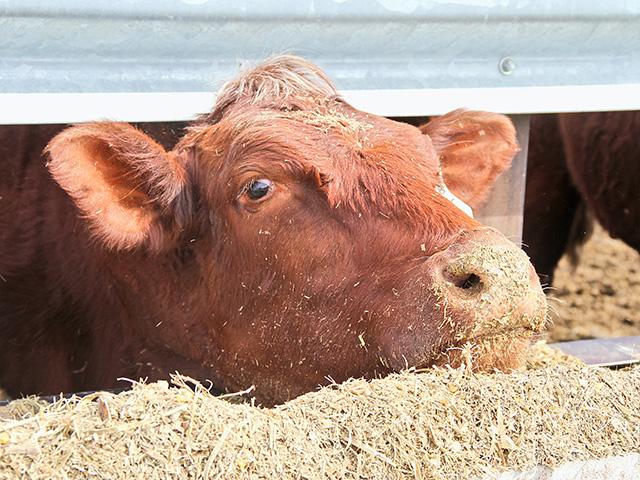Meat Institute Marks Progress
Packers and Processors Rank High in New Study
The North American Meat Institute (NAMI) recently completed its second year of data collection and reporting for the meat sector, with the report reflecting actions and commitments covering some 90% of all meat sold in the United States.
The report, "Building from Transparent Baselines," is focused on how far institute members have come in complying with NAMI goals, moving toward 2025 and 2030.
NAMI President and CEO Anna Potts said that the data showed, among other things, that "98% of American households purchase meat, putting our sector undoubtedly at the center of sustaining healthy diets, healthy communities and a healthy planet for generations to come."
P[L1] D[0x0] M[300x250] OOP[F] ADUNIT[] T[]
FIVE FOCUS AREAS BY 2030
Looking toward 2030, the institute established measurable targets to verify member progress in five key focus areas: environment and the planet, animal welfare, labor and human rights, food safety, and health and wellness.
The goal is that by 2030, all NAMI general members will have delivered an approved, science-based target to reduce emissions in line with Paris Climate Agreement goals. In addition, members have goals to reduce workplace injuries by 50% (over a 2019 baseline).
ANIMAL WELFARE
By 2025, the institute has a goal that 100% of its members who handle animals will pass third-party animal transport and handling audits, and 100% of members will require all suppliers to implement mandatory employee training and follow species-specific standards for animal care.
To date, the report says of reporting establishments: 86% of reporting establishments that handle live animals have a comprehensive animal welfare program; 73% pass third-party animal handling audits at least annually; 85% require suppliers to implement employee training and species-specific standards; 82% require animal welfare transport regulations/programs; and 48% participate in species-specific stakeholder initiatives to improve animal well-being.
FOOD SECURITY
Another goal of the institute is the enhancement of food security. The report noted that institute members donate money and meals to food banks and charities across the country each year.
Among those, Bob Evans Farms announced a four-year partnership with Mid-Ohio Food Bank to donate more than $1 million in cash and food; Hormel Foods and Tyson foods partnered with communities affected by the Maui wildfires to donate protein, including 264,000 cans of SPAM; Smithfield Foods donated 28,000 pounds of protein to Florida communities devastated by Hurricane Idalia; and Swaggertys donated nearly 35,000 pounds of frozen sausage to local food banks and charities this year.
To see the full report and find out which Meat Institute Packer/Processor members are reporting data, go here: https://www.meatinstitute.org/….
(c) Copyright 2023 DTN, LLC. All rights reserved.






